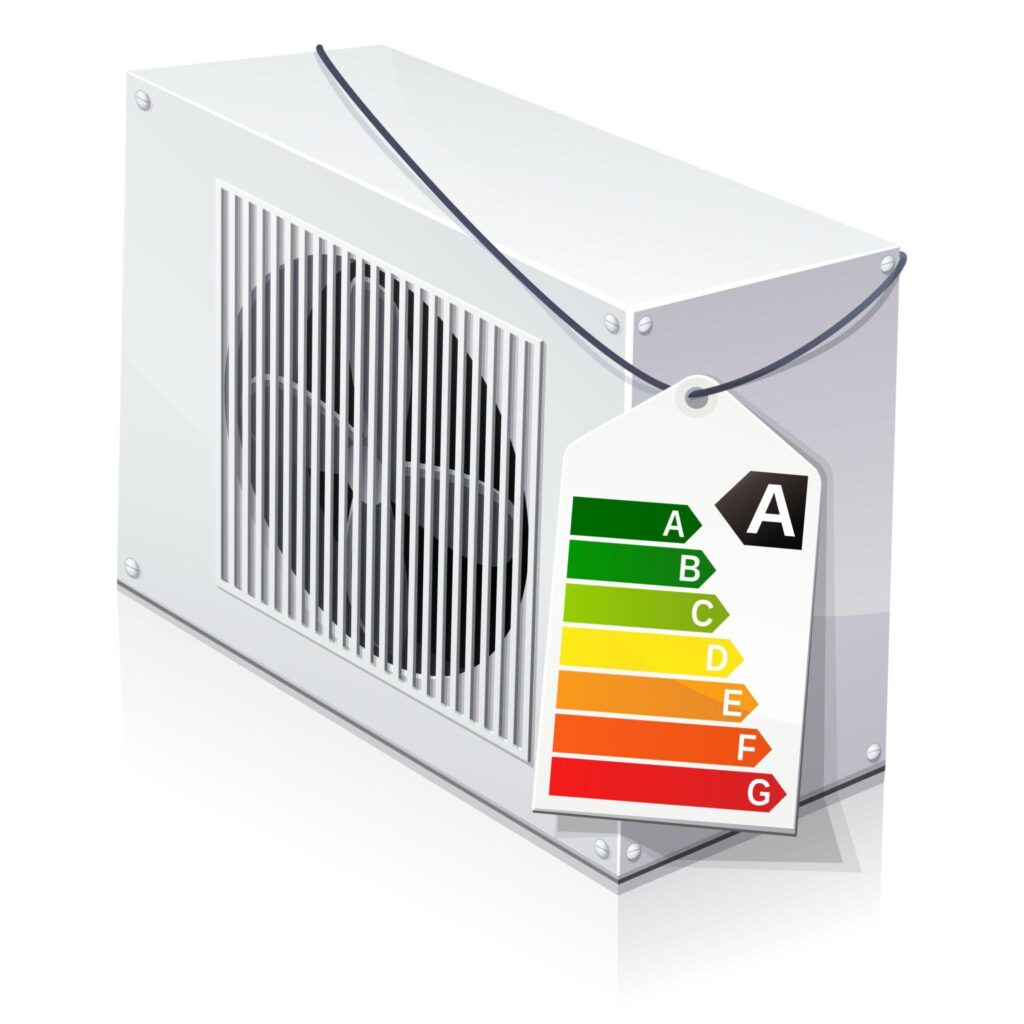

HVAC Services
Get Professional Repairs From The Area's Trusted HVAC Technicians. Ask About Our Services! We Offer Professional Heating & Cooling System Repairs And Guarantee Long-Lasting Results.
Got Question? Call us: (850) 678-2665Financing
Impact of SEER Ratings on Your AC’s Performance

If you’ve ever had to shop for an air conditioning system, you must be familiar with the yellow EnergyGuide tags on the units showing different numbers. These tags indicate the SEER ratings of the cooling systems. But have you ever wondered why these numbers matter and how they can affect your choice to purchase a new air conditioner?
We believe that you must be familiar with everything about SEER ratings before buying a new HVAC unit. Considering this, this write-up will share the SEER rating and how it can affect your system’s performance and longevity.
What Are SEER Ratings and Why They Matter?
Seasonal Energy Efficiency Rating (SEER) is an energy efficiency metric introduced by the United States Department of Energy to measure the maximum energy efficiency of HVAC units. Also, this valuable metric helps homeowners select an air conditioning system that suits their needs well.
In general, SEER refers to the capability of air conditioning units and heat pumps to use a certain amount of energy to maintain a comfortable environment in your place. The less energy a system requires to make your space relaxed and comfortable, the more energy-efficient it will be.
SEER ratings are similar to miles per gallon of an automobile, which is calculated by dividing the cooling output provided by the system over a typical cooling season by the overall electrical energy consumed during that time.
Importance of SEER Ratings
Air conditioners with higher SEER ratings can cut thousands of dollars off your energy bills over the unit’s lifetime. So, understanding this metric before buying a new HVAC unit is essential. Also, this valuable digit gives information about what you will be paying for your air conditioner in the future. For example, a higher SEER rating means your HVAC unit will use lesser energy to cool your home, reducing energy bills.
In some areas, the government offers incentives, rebates, and tax credits for homeowners who install high-efficiency HVAC Units. These incentives can further reduce the initial cost of installing systems with high SEER ratings.
What Are Good SEER Ratings?
If you buy an air conditioning system with a SEER rating of 14 or above, it is considered an energy-efficient unit. But if you live in an area with hotter climates, aim to opt for a system with a 16+ SEER rating. It is worth mentioning that the maximum SEER rating that can be produced for a conditioning system is 26.
While understanding SEER ratings is a good starting point, it is important to consider other factors that can influence the performance and longevity of your cooling system. Some of these key factors include:
- Duct system
- Proper installation
- Local climate
- System settings
Contact us at Tempacure Heating & Air Conditioning if you need more information about SEER ratings. We are experts in professional installation and repair in Florida. Also, we offer professional AC tune-ups and maintenance with 100% satisfaction.

